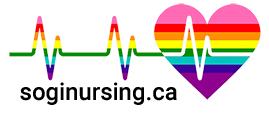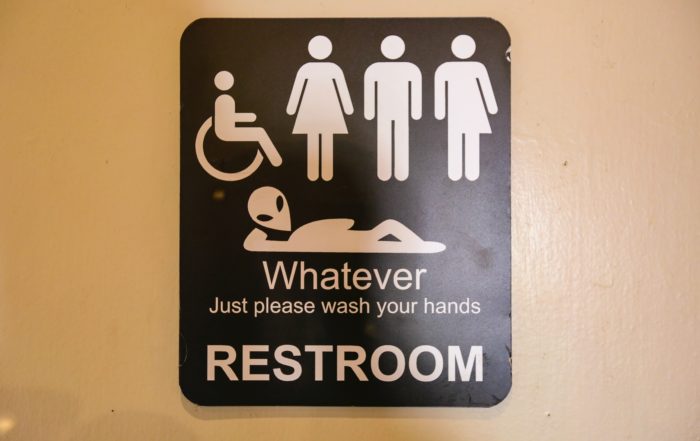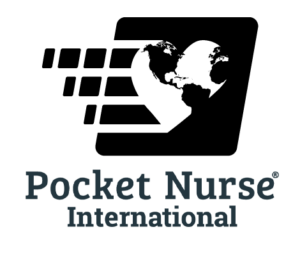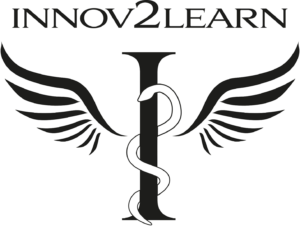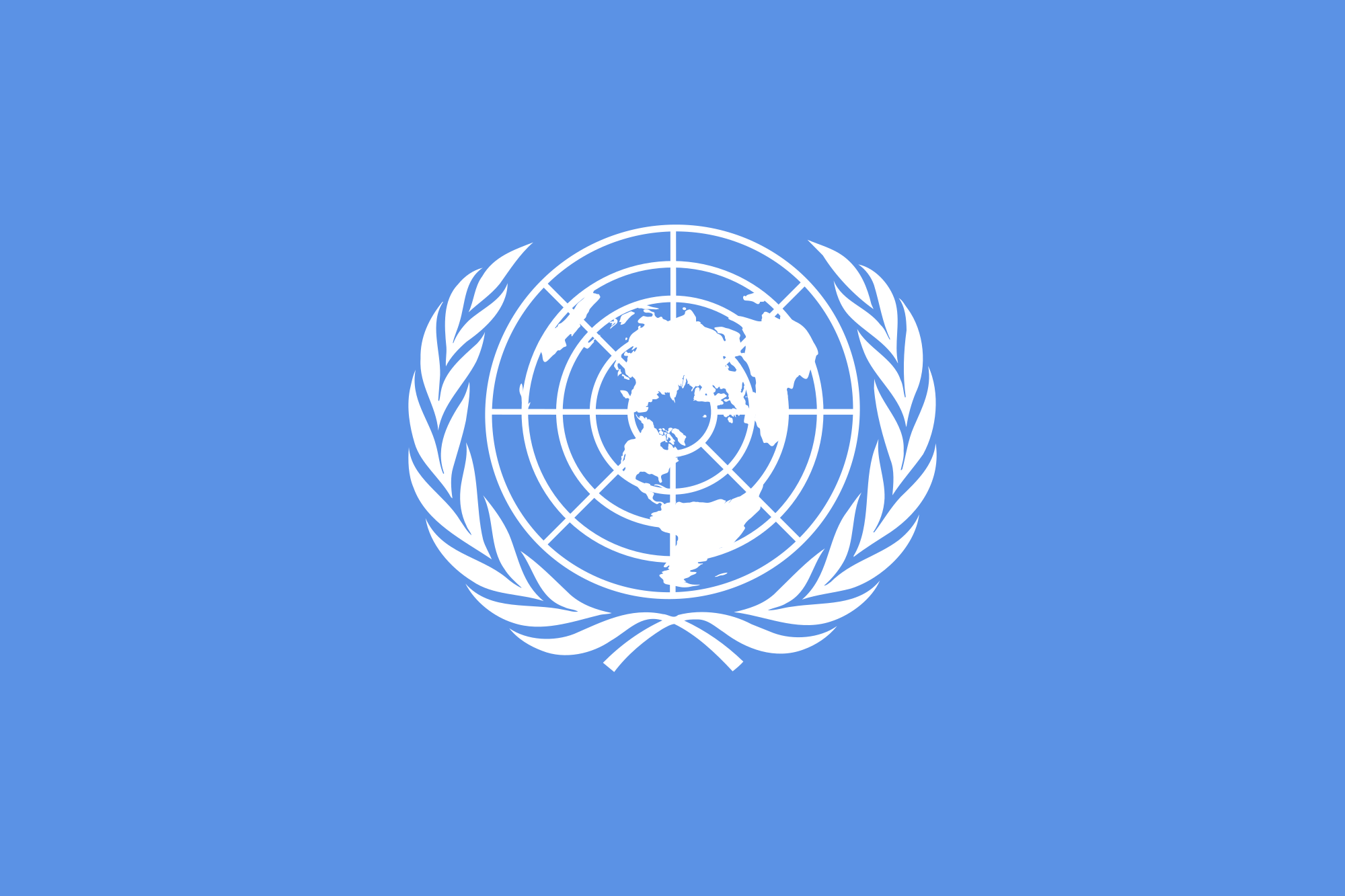
ASPIRE Guidelines on COVID-19 response
ASPIRE Guidelines on COVID-19 response and recovery free from violence and discrimination based on sexual orientation and gender identity
The COVID-19 pandemic is a global challenge that has exacerbated the inequalities prevalent in all regions of the world. The UN General Assembly has acknowledged that “the poorest and most vulnerable are the hardest hit by the pandemic” and there is a need “for all relevant stakeholders to work together at the national, regional and global levels to ensure that no one is left behind.” The UN Secretary-General has noted that “COVID-19 crisis has exacerbated the vulnerability of the least protected in society. It is highlighting deep economic and social inequalities and inadequate health and social protection systems that require urgent attention as part of the public health response. Women and men, children, youth and older persons, refugees and migrants, the poor, people with disabilities, persons in detention, minorities, LGBTI people, among others, are all being affected differently. We have an obligation to ensure everyone is protected and included in the response to this crisis.”
Persons, communities and populations who are victims of violence and discrimination on the basis of sexual orientation and gender identity are part of those that come to this struggle bearing a legacy that condemns a significant proportion of them to exclusion and poverty. To this respect, States have an obligation to take measures to prevent and, as relevant, to mitigate the impact of the crisis. The UN Committee on Economic, Social and Cultural Rights has advised that “if States do not act within a human rights framework, there exists a clear risk that the measures taken might violate economic, social and cultural rights and increase the suffering of the most marginalized groups.”
Since the onset of the pandemic, the UN Independent Expert on protection against violence and discrimination based on sexual orientation and gender identity (IE SOGI) has been monitoring the ways in which the pandemic is affecting persons of diverse sexual orientations and gender identities. As part of this process, he carried out a consultation and research process between March and May 2020, convening three virtual Town Hall meetings on 30 April and 1 May 2020, and participating in over half a dozen virtual consultations and meetings gathering activists, human rights defenders, civil society leaders, government officials and scholars: in total, over 500 individuals from more than 75 countries contributed anecdotal evidence and perspectives on the implications of the pandemic on lesbian, gay, bisexual, trans and gender diverse (LGBT) persons.
In addition, the IE SOGI reviewed over 80 reports, documents and essays published in the period 1 March – 31 May 2020 on the specific impact of COVID-19 on LGBT persons, as well as reports of human rights violations submitted to the mandate under the communication procedure, and the globality of the work carried out by the United Nations Special Procedures.
The framework that has been identified through this process is clear: in order to be efficient and effective, measures must be taken within a human rights-based approach through a framework of human rights principles of equality and non-discrimination, participation, indivisibility, empowerment and accountability; further, measures must be necessary to combat the public health crisis posed by the pandemic, and be reasonable and proportionate. Emergency powers granted to address the pandemic should not be abused and must be lifted as soon as they are no longer necessary and comply with relevant notification and derogation procedures established in the respective treaties to which States are parties.
Most importantly, all measures must respect the inherent dignity of all people.

